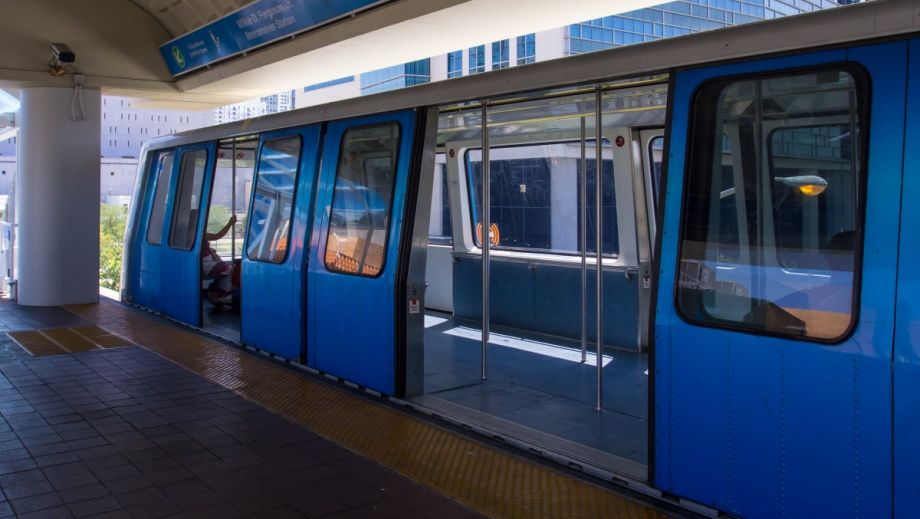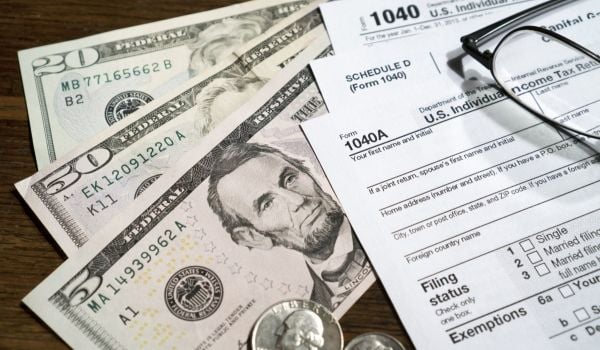After a county sales tax failed to bring Miami-Dade residents the dramatic rail expansion they were promised, officials are trying a different revenue strategy: property taxes.
In 2002, voters accepted a nearly 8 percent increase in the county sales tax in exchange for 89 miles of new rail. Fourteen years later, however, the region has less than three miles of extra rail.
According to the Miami Herald, under the new tactic, property tax rates wouldn’t go up, but special districts along expanded transit routes would capture some of the tax revenue paid from nearby real estate. A portion of the new tax dollars generated by higher property values would be dedicated to transit expenses within the district.
In a study performed in April, Miami-Dade found that six transit districts stretching half a mile out could produce up to $100 million a year in revenue from property taxes. County legislation will draft the districts, but legal questions about the districts remain.
And there’s the matter of the general fund that the districts will pull from — the pool of property taxes that fund police, parks and other general government services. “The real question is what’s going to happen to the general fund,” Frank Schnidman, a Florida Atlantic University professor who specializes in special tax districts, told the Herald. “Will there be enough money to pay for the public works and police to service the new development?”
The rail expansion would still receive revenue from the 2002 transit tax and from development deals that officials plan to make along the expanded route with companies interested in building retail and housing. Advocates say these new transit projects would spark higher property taxes and lead to self-sustaining districts.
“What we want to do is a comprehensive approach for each corridor,” Alice Bravo, Miami-Dade’s Transportation director, told the Herald. “What would the costs be, and what kind of land use gives you the ridership that would yield a successful project.”
Miami consistently ranks among the most traffic-congested cities in America, yet transit ridership declined by 7 percent between 2014 and 2015. Mayor Carlos A. Gimenez has attributed this in the past to a “lack of coordinated effort” around transit. To help address this, in April, Miami-Dade merged the Department of Transportation and Public Works into one agency with the mission of improving mobility.
Kelsey E. Thomas is a writer and editor based in the most upper-left corner of the country. She writes about urban policy, equitable development and the outdoors (but also about nearly everything else) with a focus on solutions-oriented journalism. She is a former associate editor and current contributing editor at Next City.
















